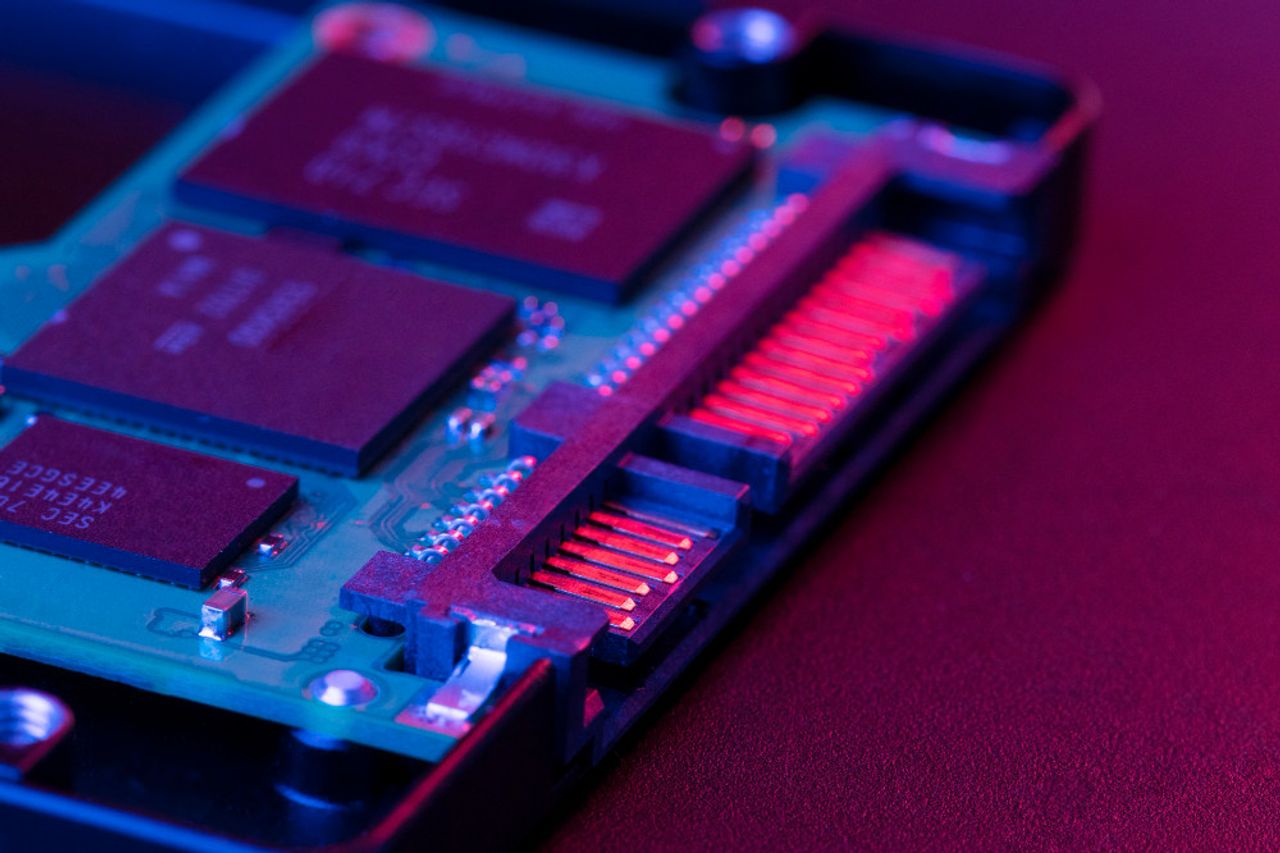How To Care For Memory On PC? Do These 8 Steps

YOGYAKARTA - Memory or RAM (Random Access Memory) is one of the important components in PC. This component plays a role in supporting the performance of PC systems by saving temporary data used by the application. Given its function is very important, users must know how to take care of memory on a PC.
Not a few PC users ignore the memory on their devices. Whereas if the memory is not treated properly, the computer's performance is disrupted or constrained, such as the response to slowing down to damage. Therefore, make sure you know how to treat memory on a PC and its steps.
So that activities using PCs can be smooth and productive, always pay attention to the condition of your device's memory or RAM. Here are some tips that can help you take care of memory on your PC:
Memory components in PCs are prone to dust that can interfere with the connection and cause excess heat. Clean the dust regularly using soft brushes or air blowers. Make sure the PC is turned off and removed from the resources before clearing to avoid the risk of damage.
The surge in electricity can damage components in PCs, including memory. Using a stabilizer or UPS (Uninterruptible Power Supply) helps protect PCs from unexpected voltage spikes.
Memories can be damaged due to excess heat. Make sure the PC cooling system such as a fan or heatsink can function properly. You can also add additional fans or use quality thermal couple to keep the temperature stable.
SEE ALSO:
Connectors in memory slots must remain clean to ensure a good connection. If memory is often removed, make sure memory slots are free of dust or corrosion. You can use electronic cleaning fluid if needed, but do it carefully.
Overclocking may be able to improve PC performance, but if done excessively it can make memory work harder than its limits. Use a secure overclocking setting according to manufacturers' recommendations to avoid damage.
Uncompatible drivers or outdated operating systems can cause conflicts that affect memory performance. Always update your operating system and hardware drivers so that memory can function optimally.
There are various applications that can be used to monitor memory performance, such as Task Manager in Windows or third-party software. By monitoring memory usage, you can identify problems or applications that use too many resources.
Don't run too many heavy apps at the same time, especially if your RAM capacity is limited. Excessive workload can speed up component wear and lower PC performance.
Memory tests aim to detect damage or interference in RAM. You can use built-in devices such as Windows Memory Diagnostic or third-party software such as MemTest86 to run this check.
Make sure the memory you are using is compatible with your motherboard and PC processor. Using memory that doesn't fit specifications can cause system instability or even physical damage.
That's a review of how to maintain memory on a PC so that it remains optimal. Caring for memory on a PC not only ensures optimal performance, but also extends the life life of the component. Also read tips that need to be considered before assembling a PC.
Stay up to date with the latest domestic and other overseas news on VOI. We present the latest and updated information nationally and internationally.


